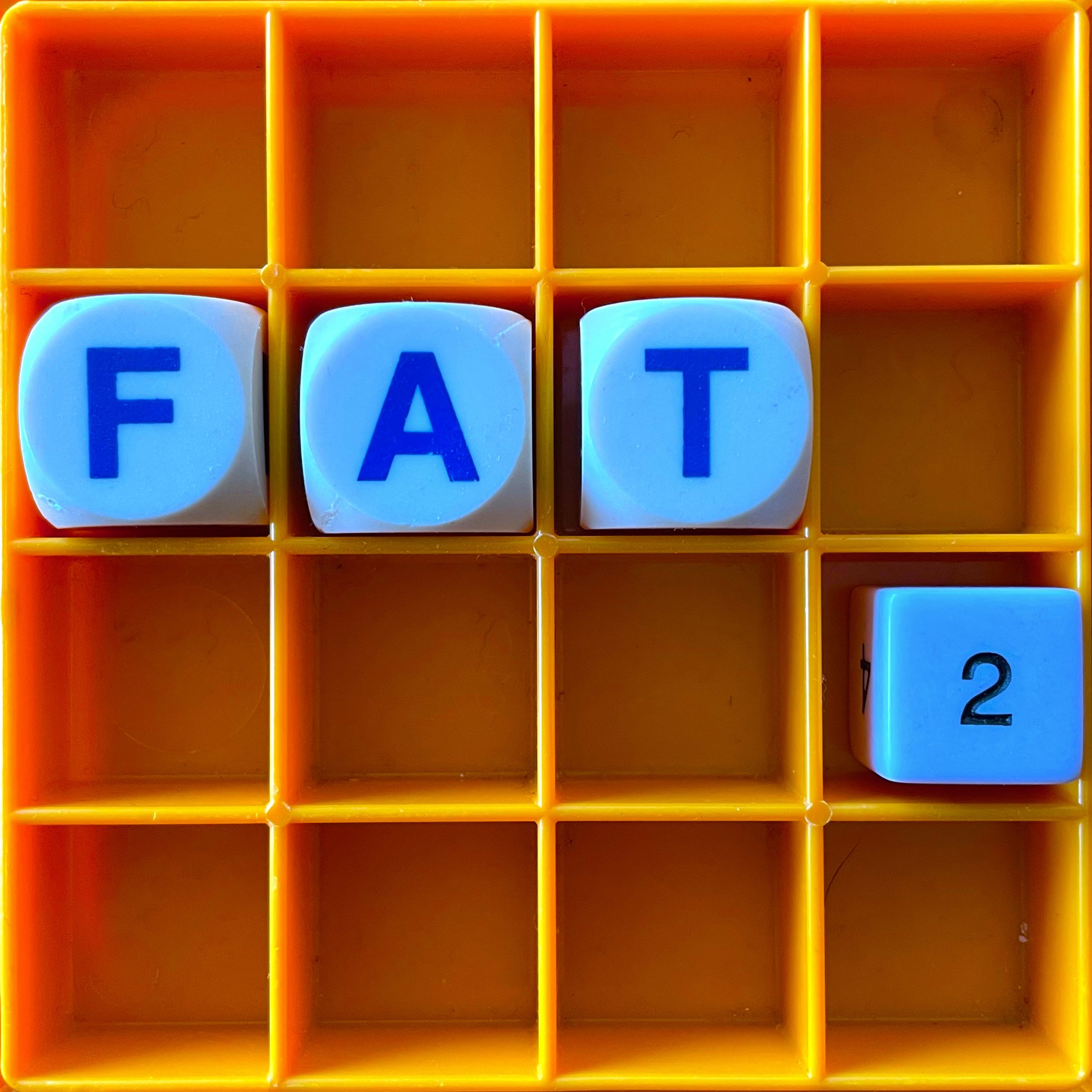CAROLINE CRAMPTON: A lot of the theoretical material that I'd read about hypochondria very much positioned it in this binary situation that either someone has, quote, real illness, i.e. illness that you can detect with a scan or a blood test or some other diagnostic tool, or "It's all in their head and it's made up," and those are the only two ways it can be. But, just personally, I feel like I'm pretty much constantly experiencing some combination of the two. And I think the idea that there is unwarranted fear: I don't think there is any such thing as unwarranted fear, to be honest.
Read moreAllusionist 177 Fat part 2 transcript
AUBREY GORDON: Our anti-fatness became a way to sublimate all of the sort of latent racism, classism, ableism, all of that kind of stuff, and just pin it on folks who we could convince ourselves, quote unquote, “did it to themselves” and therefore deserve whatever's coming to them. Which is sort of the attitude toward fat people: “If you really didn't wanna be treated this way, you'd just lose weight,” without any real recognition of what it takes to lose weight. Have you seen people diet? Have you dieted? If you have, you know it is not a straight line.
I think the other thing that feels really tricky about all of this is, aside from surgical methods - and even within some surgical methods - we do not know, scientifically, reliably, how to make fat people thin in the long term. And many physicians know that. Many insurers know that. And yet still the instruction is when you encounter a fat patient, you are in dereliction of duty if you don't tell that person that they're fat and they need to lose weight.
Allusionist 136 Misogynoir transcript
HZ: What to you was the purpose of coming up with a term for misogynoir?
MOYA BAILEY: It's hard to address something if you can't actually name what it is.



